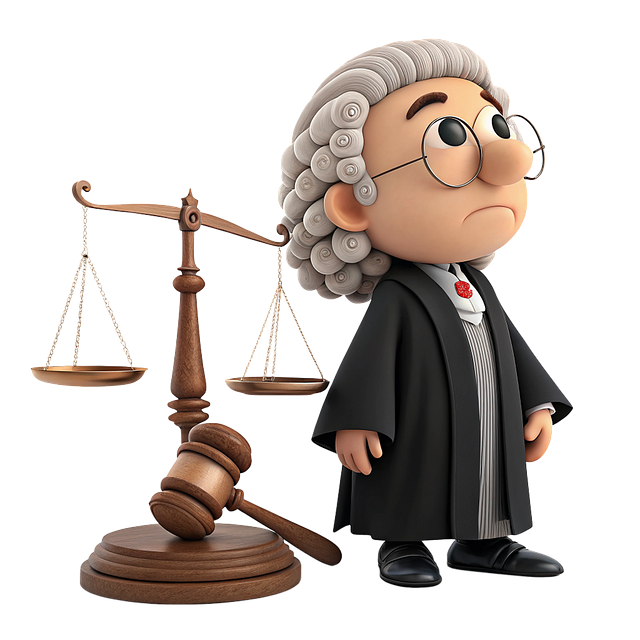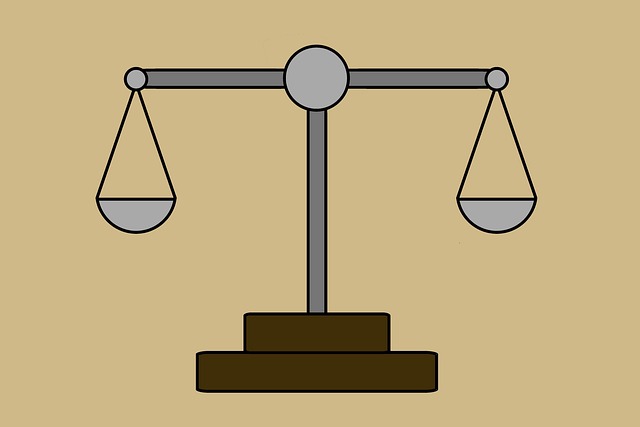Oregon's criminal court system is a multi-layered structure balancing public safety with individual rights. Law enforcement investigates and files charges, while elected District Attorneys decide prosecution. Courts include municipal, circuit, and district levels handling initial hearings, trials, and sentencing. The Oregon Supreme Court ensures uniform legal procedures as the final appellate authority. Understanding this framework, including defense strategies and procedural hierarchy, is crucial for anyone facing criminal charges in Oregon to navigate their rights effectively.
“Unraveling Oregon’s Criminal Defense Landscape: A Comprehensive Guide. In this article, we delve into the intricate world of Oregon’s criminal justice system, equipping you with essential knowledge. From understanding the court structure and key actors like prosecutors, judges, and defense attorneys to exploring powerful defense strategies against criminal charges, this guide is your compass. Learn about evidence challenges, plea bargaining tactics, and crucial legal rights during investigations, empowering you to navigate Oregon’s complex criminal defense procedures effectively.”
- Oregon's Criminal Court System: A Breakdown of Key Players and Processes
- – Overview of Oregon state court structure
- – Roles of prosecutors, judges, and defense attorneys
Oregon's Criminal Court System: A Breakdown of Key Players and Processes

Oregon’s criminal court system is a complex web involving several key players and processes, designed to balance public safety with individual rights. At the forefront are law enforcement agencies, who investigate crimes and file criminal charges when evidence warrants it. These charges are then presented to a district attorney (DA), an elected official responsible for deciding whether to prosecute. The DA plays a crucial role in determining the trajectory of the case, employing various defense strategies offered by attorneys on both sides.
The court system itself comprises different levels: municipal, circuit, and district courts handle initial appearances, arraignments, and preliminary hearings. If a case proceeds to trial, it may escalate to circuit or county courts, where judges preside over trials and make critical decisions on admissibility of evidence and interpretations of law. The Oregon Supreme Court serves as the final appellate court, ensuring consistency in legal procedures across the state. Understanding these roles is essential for anyone navigating criminal charges defense strategies within Oregon’s unique legal framework.
– Overview of Oregon state court structure

Oregon’s state court system is structured into three primary levels, each playing a crucial role in the administration of justice. At the top lies the Supreme Court, which serves as the final arbiter of legal matters and ensures consistency in judicial decisions across the state. Below it, the Court of Appeals handles appeals from lower courts, offering a second chance for review of criminal charges and defense strategies. The trial level, comprised of District and Circuit Courts, forms the backbone where initial hearings, trials, and sentencing for various criminal offenses occur. This hierarchical system facilitates a systematic approach to criminal defense, allowing for strategic navigation through each stage by legal professionals.
Understanding this court structure is essential for anyone facing criminal charges in Oregon as it dictates the procedural path of cases. Defense attorneys must be well-versed in these procedures to formulate effective strategies, ensuring their clients receive a fair trial and access to the rights guaranteed under Oregon’s legal framework. This knowledge empowers individuals to actively participate in their defense and navigate the intricate landscape of the state’s criminal justice system.
– Roles of prosecutors, judges, and defense attorneys

In Oregon’s criminal justice system, a balanced approach to justice is maintained through clearly defined roles for key players. The prosecutor, appointed or elected, bears the responsibility of presenting the state’s case against an accused individual, ensuring that criminal charges are justified and evidence is robust. They play a crucial role in initiating and pursuing legal actions, ultimately deciding what charges to file based on the available evidence.
The judge, neutral and impartial, oversees the entire criminal proceedings. Their task involves interpreting laws, ruling on motions, ensuring fair trials, and making critical decisions that shape the course of cases. Defense attorneys, on the other hand, represent the accused, employing various defense strategies to safeguard their client’s rights and interests. They challenge the prosecution’s evidence, raise procedural objections, and present alternative interpretations, aiming to weaken or dismiss criminal charges.






